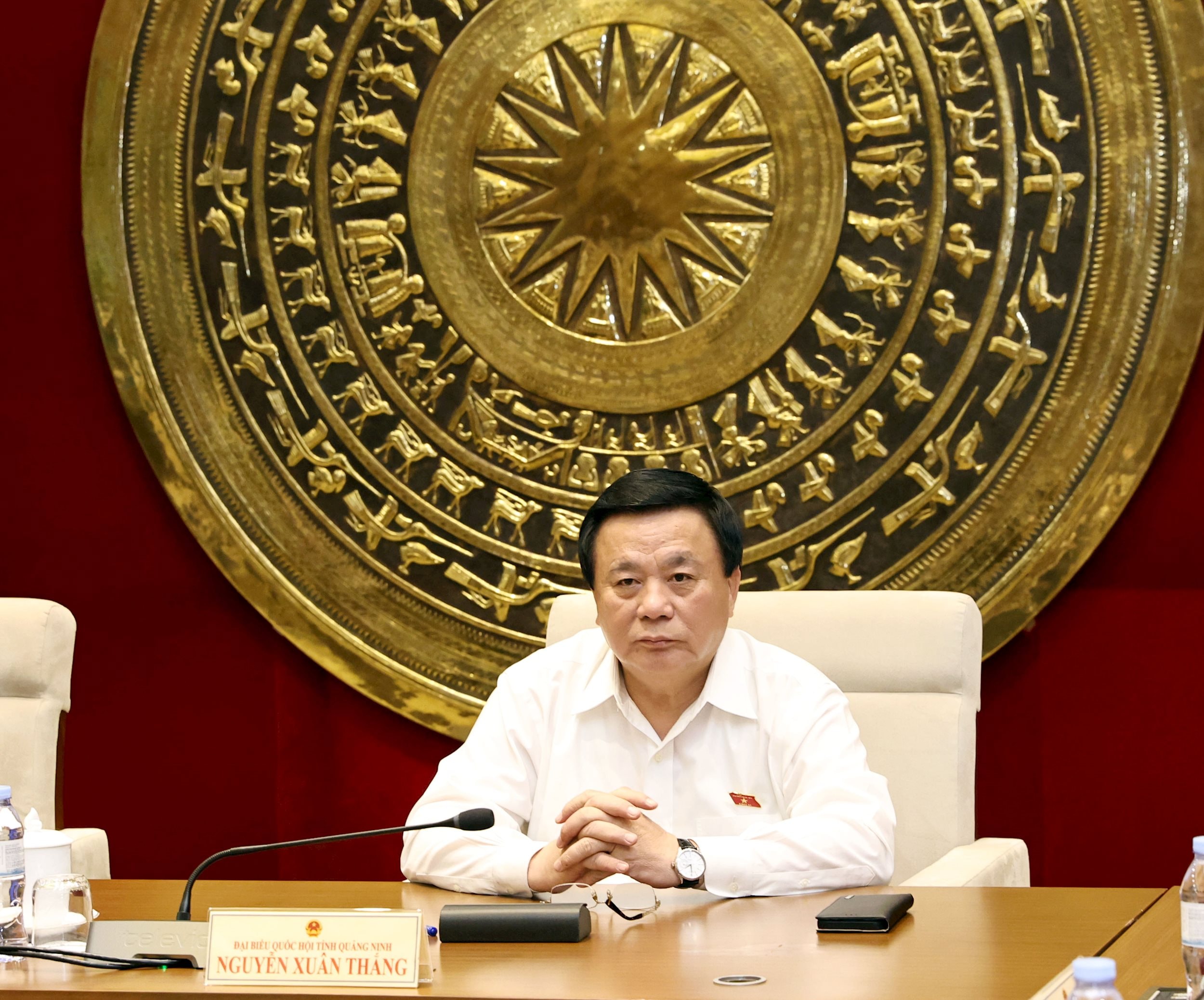
Creating a clear and favorable legal basis for educational development breakthroughs
Discussing the projects: Law amending and supplementing a number of articles of the Law on Education; Law on Higher Education (amended); Law on Vocational Education (amended), the majority of the National Assembly Deputies of Group 14 agreed with the promulgation, because these are 3 law projects with close relationships, built synchronously to promptly institutionalize the major policies and orientations of the Party and State on education and training development. Basically, the law-making process was carried out very urgently and seriously, ensuring compliance with the provisions of the Law on Promulgation of Legal Documents.
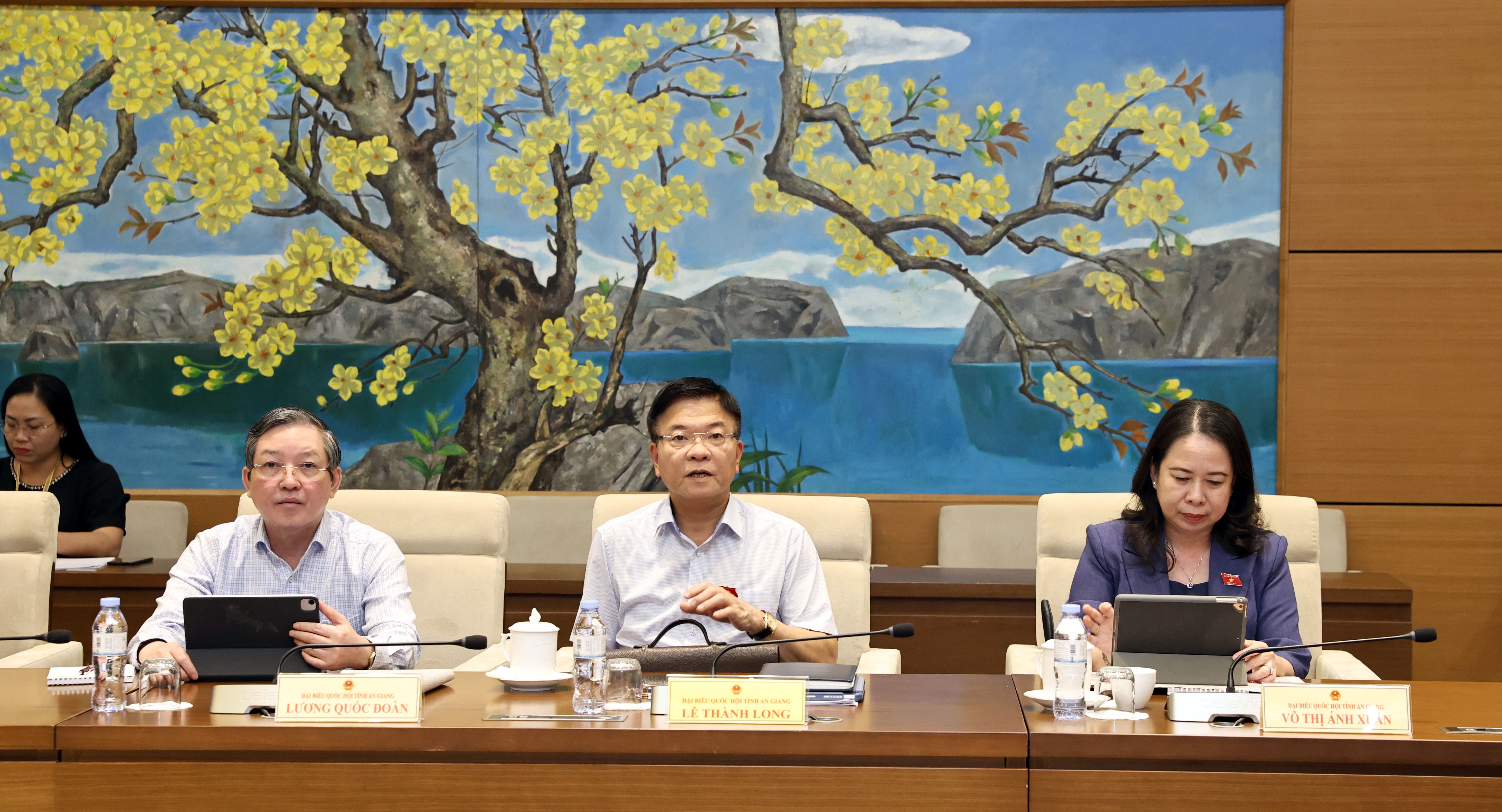
National Assembly Deputy Bui Thi Quynh Tho (Ha Tinh) stated that in recent times, many new policies and guidelines of the Party and State, especially the Politburo's key resolutions on breakthroughs in education and training development, on science and technology development, innovation and digital transformation, on international integration and private economic development... have determined that education plays a core role, is the driving force for strongly developing high-quality human resources, promoting national science and technology and innovation.
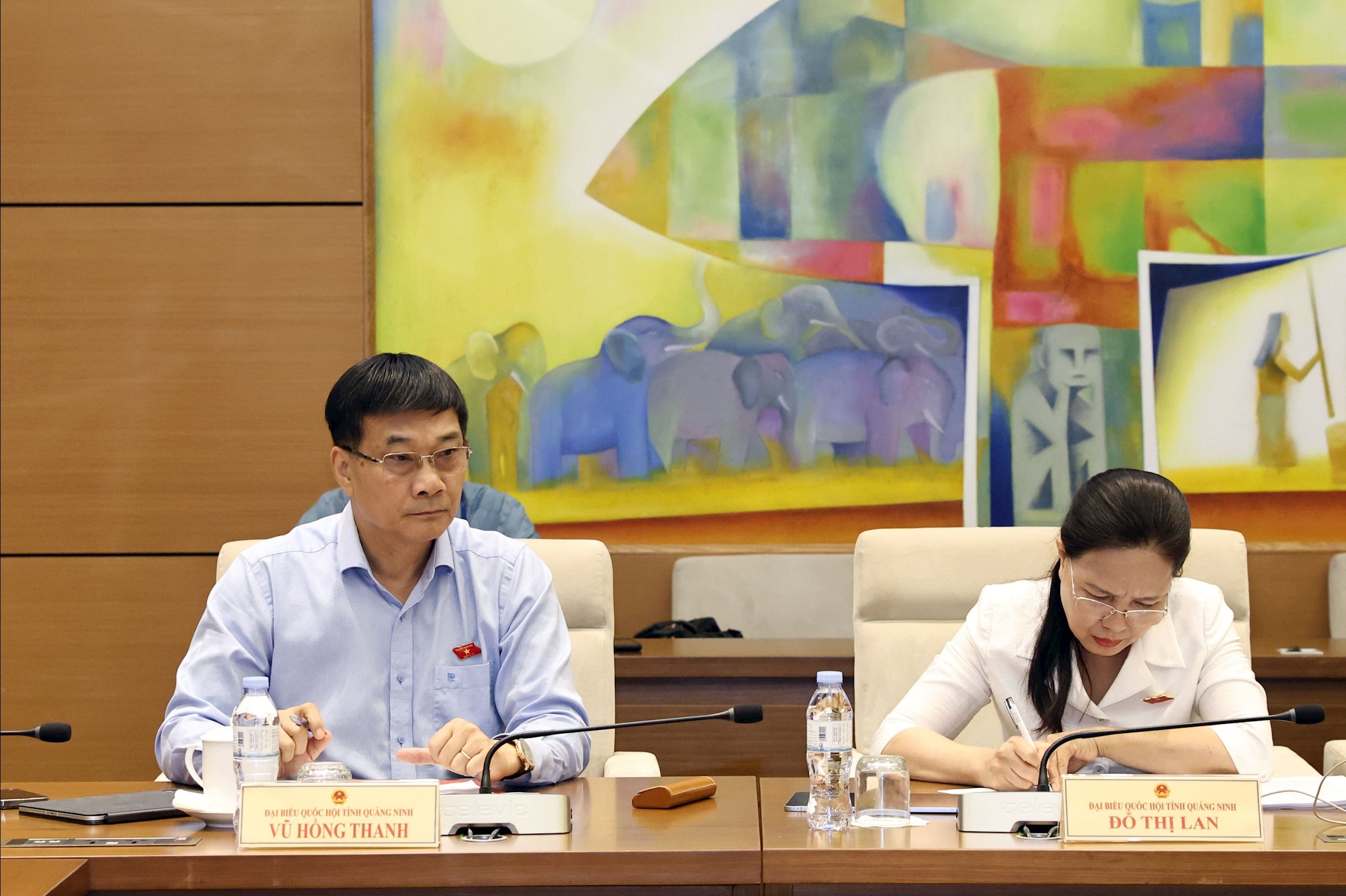
Therefore, amending the Laws will contribute to fully and promptly institutionalizing policies and orientations on the development of higher education in the new period; removing institutional bottlenecks and bottlenecks, creating a clear, unified and favorable legal basis for educational development breakthroughs, meeting requirements in the new context.
Regarding the draft Law on Vocational Education (amended), delegate Bui Thi Quynh Tho said that the draft Law has not yet determined who are the subjects of vocational education activities? Which organizations and establishments?
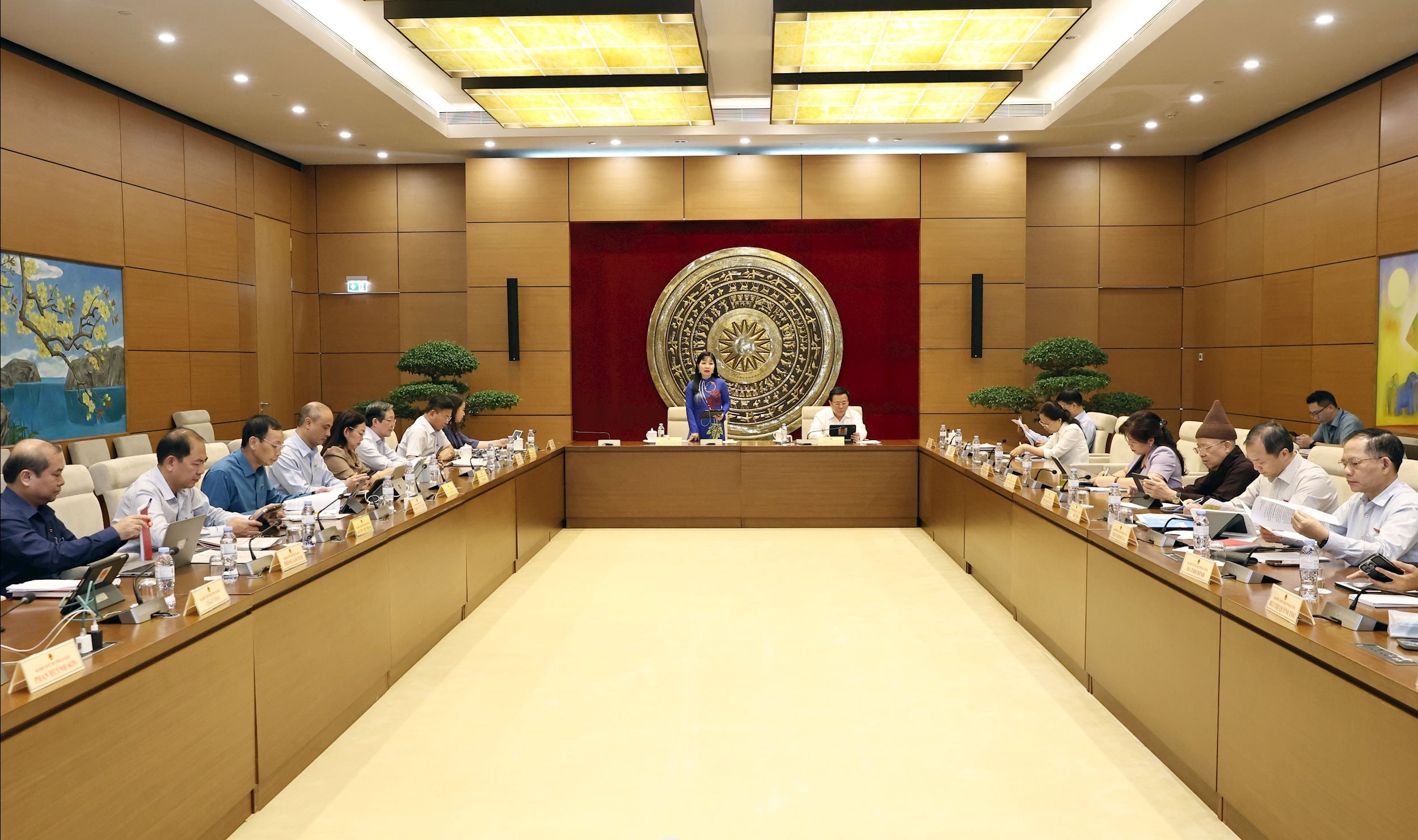
Therefore, it is necessary to clarify the scope and limits of vocational training facilities (which can be added to Article 3, explaining the terms) to clearly define the subjects regulated by the law.
Accordingly, it is necessary to clearly define vocational training institutions as educational institutions that train in primary, intermediate and college levels.
According to the delegate, if there is no regulation, many establishments participating in vocational education activities (such as continuing education centers, centers participating in other vocational education activities, enterprises, cooperatives, etc.) will not know whether they are subject to the regulation and comprehensive application of the provisions of the draft Law.
Showing the right interest in developing high-quality human resources
Regarding the principles of vocational education activities (Article 4), Clause 2 of the draft Law stipulates: ensuring full and comprehensive autonomy for vocational education institutions regardless of the level of financial autonomy associated with accountability, inspection, effective supervision, transparent operations, quality, efficiency and sustainable development.
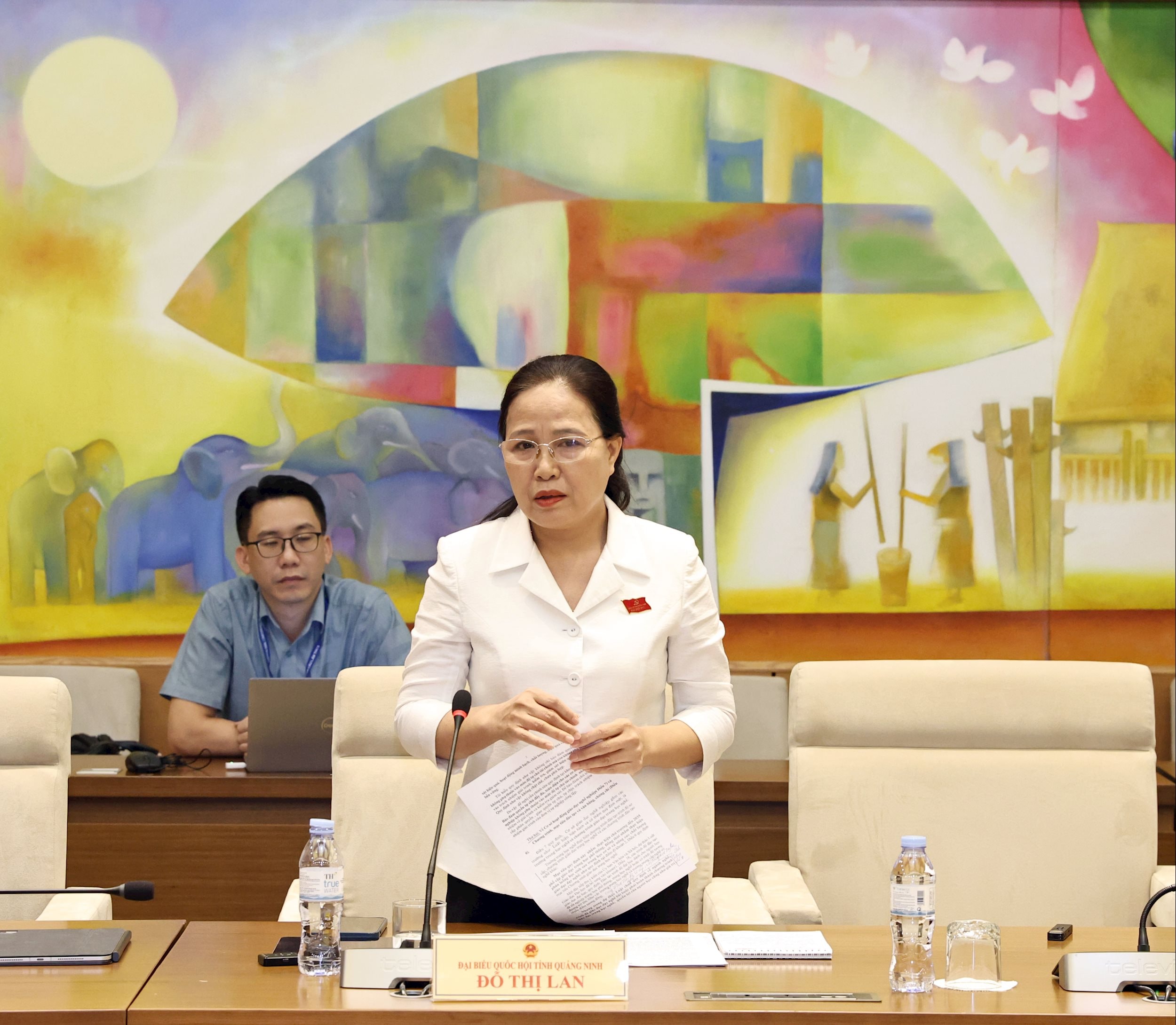
Basically agreeing with this regulation, however, National Assembly Delegate Do Thi Lan (Quang Ninh) also proposed to amend the regulation in Clause 2, Article 4 in the direction of: Ensuring full and comprehensive autonomy for vocational training institutions regardless of the level of financial autonomy but clearly stating the responsibility for accountability and inspection and supervision to ensure the policy of decentralization, delegation of authority, delegation of autonomy, self-responsibility and accountability of public service units.
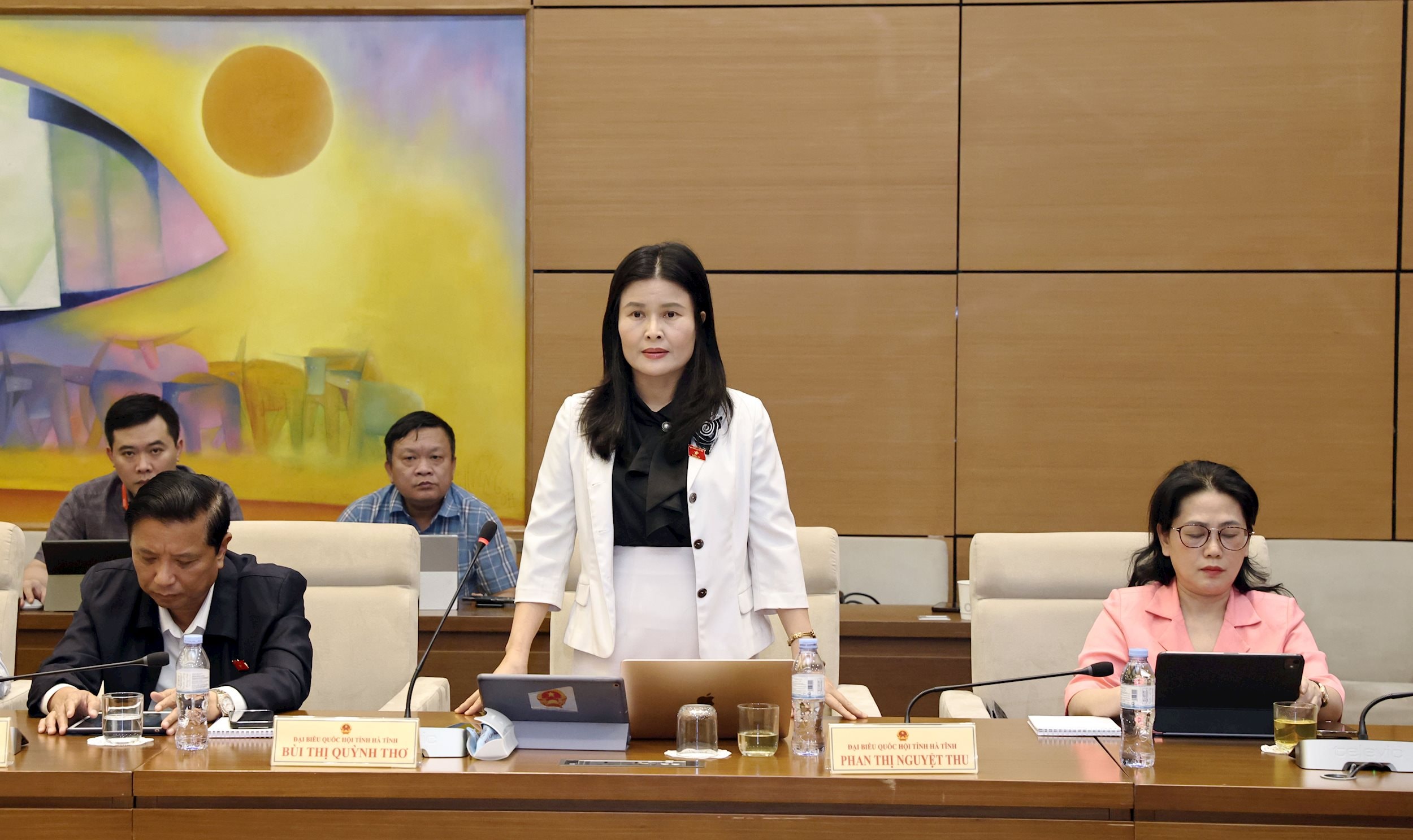
Sharing this view, delegate Bui Thi Quynh Tho said that the draft Law stipulates that the State has a "special" and "highest" support policy for vocational education, demonstrating the right attention, aiming to develop high-quality human resources.
However, there are no quantitative criteria or clearly defined mechanisms, which can easily lead to different understandings and applications. In addition, there needs to be a mechanism to monitor and evaluate the effectiveness of these support policies to ensure their feasibility in practice for the right beneficiaries.
Therefore, delegate Bui Thi Quynh Tho suggested that it is necessary to study, consider, and supplement regulations suitable to reality and avoid problems arising in implementation.
.jpg)
The draft Law has identified the leading role of the State in investing in vocational education, prioritizing public tasks, disadvantaged areas and high-quality facilities, while expanding autonomy and mobilizing socialization.
However, the delegate also pointed out that the draft Law has not clarified the criteria for support between the public and private sectors. This can easily lead to inequality in access to investment. The budget allocation mechanism based on "orders, quality indexes, regional factors" still lacks specific criteria, transparency and accountability; and lacks a mechanism to monitor the use of non-budgetary capital. For private establishments, the delegate suggested that it is necessary to supplement regulations on preferential policies in accordance with the provisions of the law on public-private partnership, tax, land, etc.
.jpg)
Delegates also requested the drafting agency to review vocational education institutions to have appropriate investment orientation; research and supplement vocational education models (college level) in higher education institutions, especially in the technical sector...
.jpg)
Source: https://daibieunhandan.vn/can-tieu-chi-hoac-co-che-xac-dinh-ro-rang-chinh-sach-ho-tro-cua-nha-nuoc-10392448.html


![[Photo] Award Ceremony of the Political Contest on Protecting the Party's Ideological Foundation](https://vphoto.vietnam.vn/thumb/1200x675/vietnam/resource/IMAGE/2025/10/22/1761151665557_giaia-jpg.webp)

![[Photo] General Secretary To Lam and his wife begin their official visit to Bulgaria](https://vphoto.vietnam.vn/thumb/1200x675/vietnam/resource/IMAGE/2025/10/23/1761174468226_tbtpn5-jpg.webp)
![[Photo] Prime Minister Pham Minh Chinh chairs meeting on nuclear power plant construction](https://vphoto.vietnam.vn/thumb/1200x675/vietnam/resource/IMAGE/2025/10/22/1761137852450_dsc-9299-jpg.webp)
![[Photo] Comrade Nguyen Duy Ngoc visited and worked at SITRA Innovation Fund and ICEYE Space Technology Company](https://vphoto.vietnam.vn/thumb/1200x675/vietnam/resource/IMAGE/2025/10/23/1761174470916_dcngoc1-jpg.webp)
![[Photo] Da Nang: Shock forces protect people's lives and property from natural disasters](https://vphoto.vietnam.vn/thumb/1200x675/vietnam/resource/IMAGE/2025/10/22/1761145662726_ndo_tr_z7144555003331-7912dd3d47479764c3df11043a705f22-3095-jpg.webp)
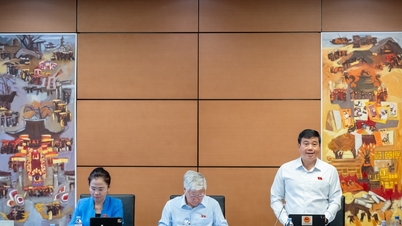
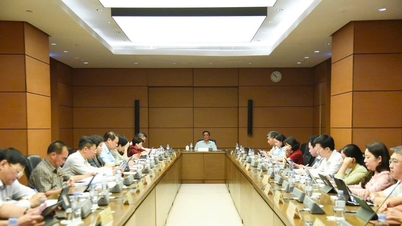
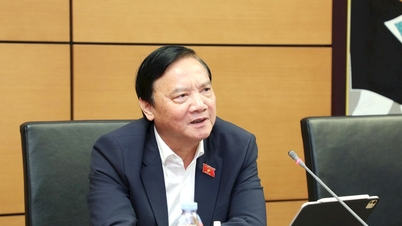
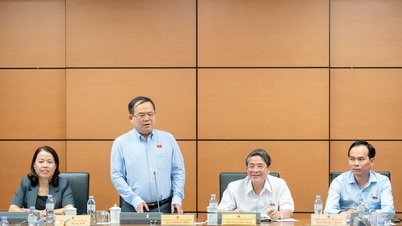
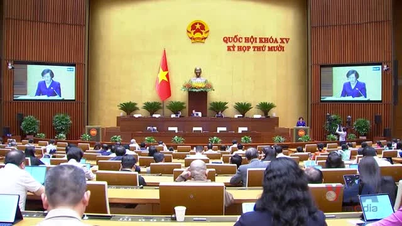

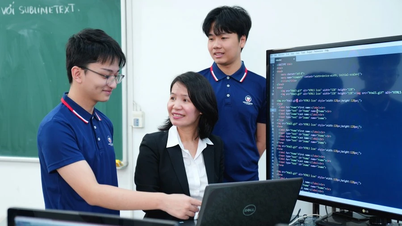






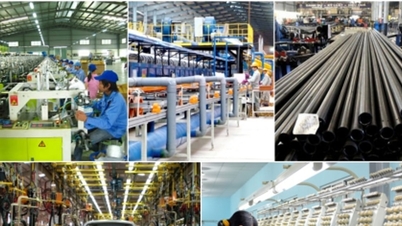







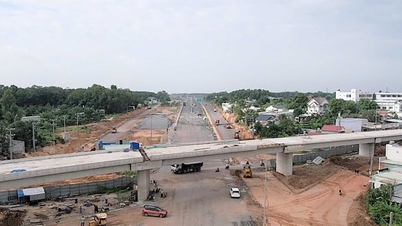
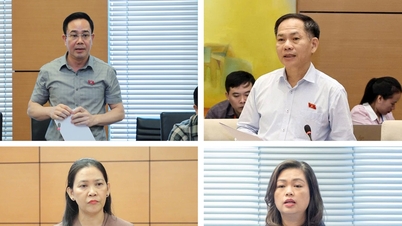
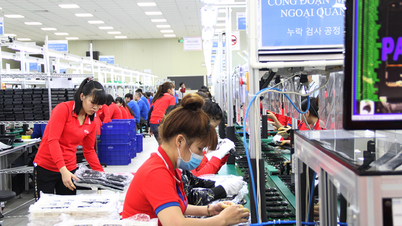
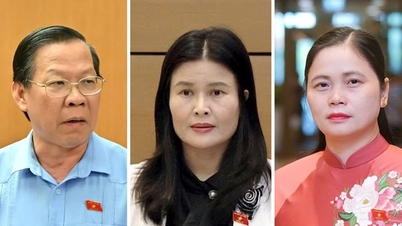
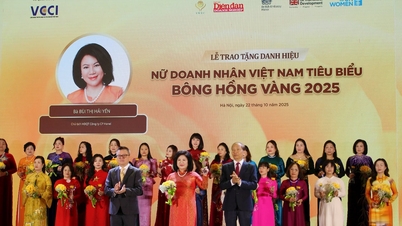









































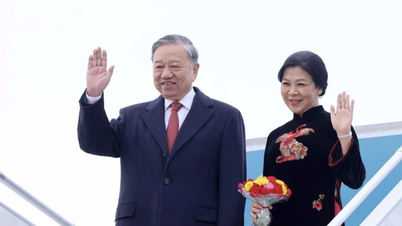




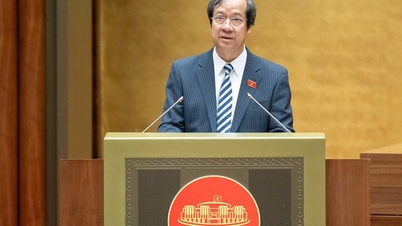

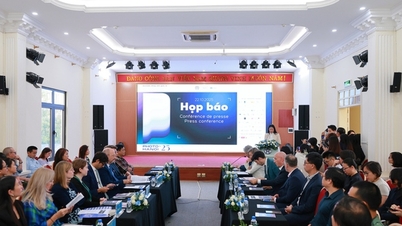

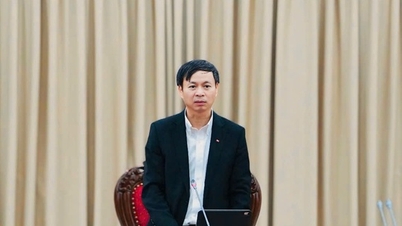

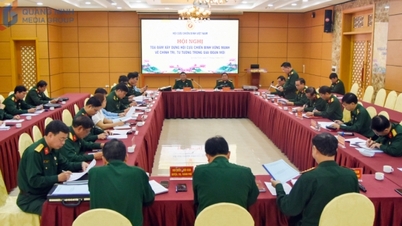

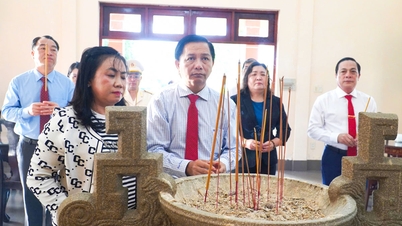



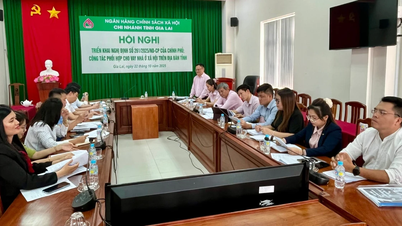


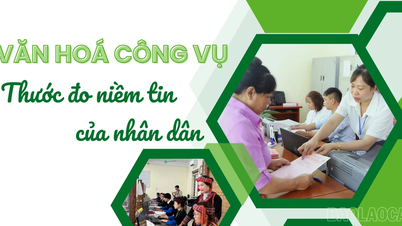















Comment (0)